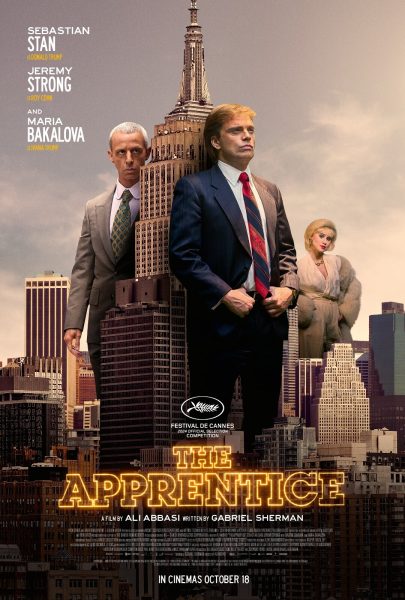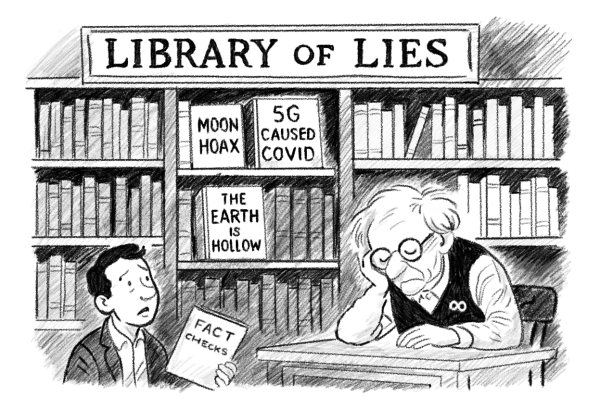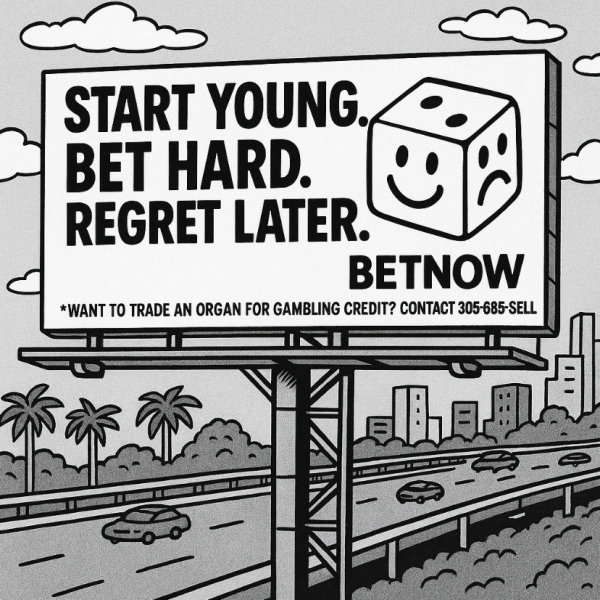Delete your account.
The more time you spend on social media, the less you spend living your life
Social Media is all around us, from Snapchat to Instagram, from TikTok to Twitter. It has grown like bacteria in a petri dish, with all of us providing the perfect culture for it to flourish. The apps themselves may claim that their purpose is harmless: to “[bring] you closer to the people and things you love” (Instagram) or offer “something for everyone … whether you’re a sports fanatic, a pet enthusiast, or just looking for a laugh” (TikTok). But in the end, you might be better off without them.
To begin with, there are the arguments everyone has heard already. Social media destroys your attention span; it leads to social isolation; it creates echo chambers and polarization; it leads to addiction and distraction. Given all the negative attention social media has received recently, from the “Facebook Papers” to recent controversies regarding misinformation and disinformation, it is surprising that so many people still use it.
Of course, the same could be said for cigarettes, drugs and alcohol—but with those, at least, there are labels. When you open TikTok, you don’t get an alert that says “WARNING: this product may destroy the user’s attention span.” Social media is made to give us bite-sized adrenaline rushes as we move from one thing to another without the need (or time) to think deeply. Twitter has a limit of 280 characters; TikTok videos used to be limited to 15 seconds, then increased to 60 seconds and are now three minutes. Once you get used to your information coming at you in three-minute bites, it becomes hard to pay attention to a one-and-a-half-hour class. It’s no surprise that students tend to be distracted by something else on their computers.
But the larger problem with social media is that it takes away much more than your ability to focus. It takes away the present moment. John Lennon once said, “life is what happens to you while you’re busy making other plans.” More aptly for our time, life is what happens to you while you’re scrolling through Instagram. The irony is that you are looking at other people living their lives, and in the process not living your own.
Social media has an uncanny ability to distort time. In his video “Illusions of Time,” philosopher Michael Stevens (also known as Vsauce) describes two different ways we experience time. The first way we experience it is prospectively: this is the experience of time in the present, as it is happening. The other way we experience it is retrospectively: this is when we think of time as something that happened in the past. It is time as perceived by our memory.
Now, the thing with time is that we don’t experience it at a constant rate. A day full of tests seems to go on forever, while a day exploring out with your friends passes in an instant. But when we think about these events in the past, we don’t remember the day full of tests. What seemed like an eternity in the moment has been reduced to nothing in our memory, while we vividly remember the day with friends.
To summarize, a day full of tests feels long prospectively but short retrospectively. An exciting day with friends might feel short prospectively, but it feels long retrospectively. The difference is because one is what Vsauce calls an ‘empty’ experience and the other one is ‘full.’
An ‘empty’ experience is one that is monotonous, unstimulating to the senses, meaningless and boring. That’s why time slows down to a crawl, but also why you don’t remember it. A ‘full’ experience is one marked by exciting sensations, novelty and meaning. Your brain is too busy to notice the passage of time. Looking back, though, your brain creates a lot of unique and novel memories which stay in your mind and make the moment feel longer when you remember it.
The problem with social media and a lot of digital content is that our perception of it is short prospectively and retrospectively. This is the TV paradox. You could spend hours watching TV, only to get up and not remember a single thing you watched. With social media, this phenomenon is even more severe. You scroll through hundreds of posts and look at each one for a fraction of a second. You are bombarded with sensation and novelty; time flies by. But do you remember any of them? 99 percent of the time, the answer is no.
That is where the danger and uselessness of social media becomes apparent. It gives the appearance of being a ‘full’ experience while being ‘empty.’ As you scroll through so many posts, you become desensitized to any kind of novelty they offer, and you come away from the experience with nothing vivid to relive.
Social media is a product of our age. In our quest to have everything now, we have paradoxically lost the feeling of ‘now’ itself. You might think that having all the information at your fingertips may save you time, but it is really taking time away. The only solution is to take time back by allowing yourself to feel bored—to feel time passing. As Vsauce says, “you may not have the time of your life, but you’ll have more time in your life.”

Luca Campiani ‘22 is a Co-Editor in Chief and writer for The Catalyst. He covers the Features and News sections of the newspaper.





